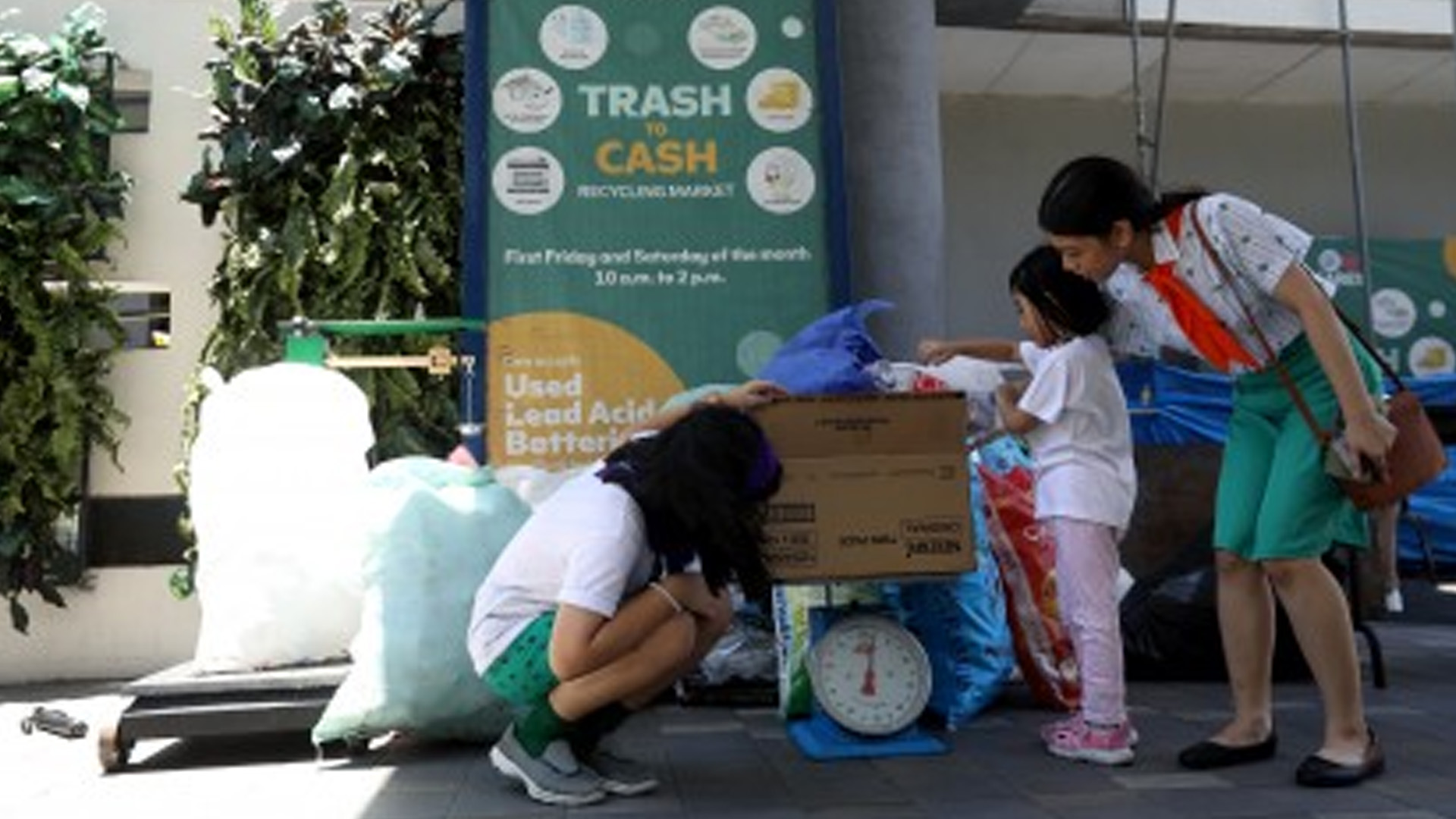The Department of Environment and Natural Resources (DENR) on Monday said the Philippines produces about 2.7 million tons of plastic waste every year and called on the public to help stop the environmental hazard.
During the launch of the Earth Day Every Day project in Pasay City, DENR Secretary Maria Antonia Yulo-Loyzaga said most of the plastic wastes end up in landfills, dumpsites, rivers, and water supply systems.
“About 20 percent of these end up in our oceans. Over and above our organic waste, plastic for our market needs, food wrapping, and packaging for our consumers all make up the 61,000 metric tons of solid waste we produce daily. When the rains come, we are literally swimming them,” Loyzaga said.
She said the 2024 Earth Day celebration is themed “Planet vs. Plastics” which aims to spread awareness on the indestructibility of plastics and the hazards they pose to public health, the lives of ecosystems, and the ability to take effective climate action.
“Daily, Filipinos consume plastics in the fish caught in Philippine waters, through the substandard water bottles, in the very air we breathe,” she said.
She noted that microplastics have been found in raindrops.
“Many are unaware that plastics have traditionally been made from oil, natural gas, or coal, the very fossil fuel sources that have driven climate change. They are also unaware that studies have shown the Philippines loses around USD89 million every year because we throw away recyclable plastic instead of repurposing it,” Loyzaga said.
On July 30, 2022, the Extended Producer Responsibility (EPR) Act or Republic Act (RA) 11898 lapsed into law, amending RA 9003 or the Ecological Solid Waste Management Act of 2000.
The EPR law is an environmental policy approach that encourages plastic waste reduction through the elimination of unnecessary plastic packaging, the development of more environment-friendly and recyclable packaging design, and the recovery of plastic packaging from trash for reuse and recycling back into the production process.
“This shifted the burden of collecting used plastic from the local government to the producers and manufacturers themselves,” Loyzaga said.
She said over 800 large-scale companies have committed to reduce plastic use through the substitution and development of sustainable packaging solutions, and collection, treatment, and recycling initiatives.
They also pledged to conduct education and raise awareness on the environmental impact of plastic pollution.
She, however, said the initiative should be a whole-of-society approach as the government and the corporations cannot do it alone.
Most importantly, she said, transformation towards a plastics-free world begins at home, while experts and universities must also do their share. (PNA)







